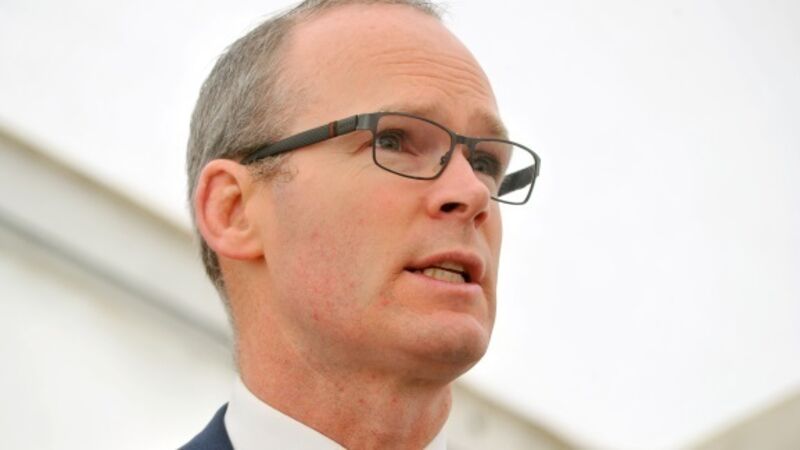Ireland must prepare for hard border, warns Simon Coveney

While a UK position paper has made it clear that a “seamless and frictionless” border is the preferred post-Brexit option, Mr Coveney said Ireland cannot be complacent and must prepare for the worst.
“We obviously have to prepare for the worst case scenario, we can’t allow a situation here whereby there is a cliff-edge that we get pushed over and we haven’t thought about,” he said.













